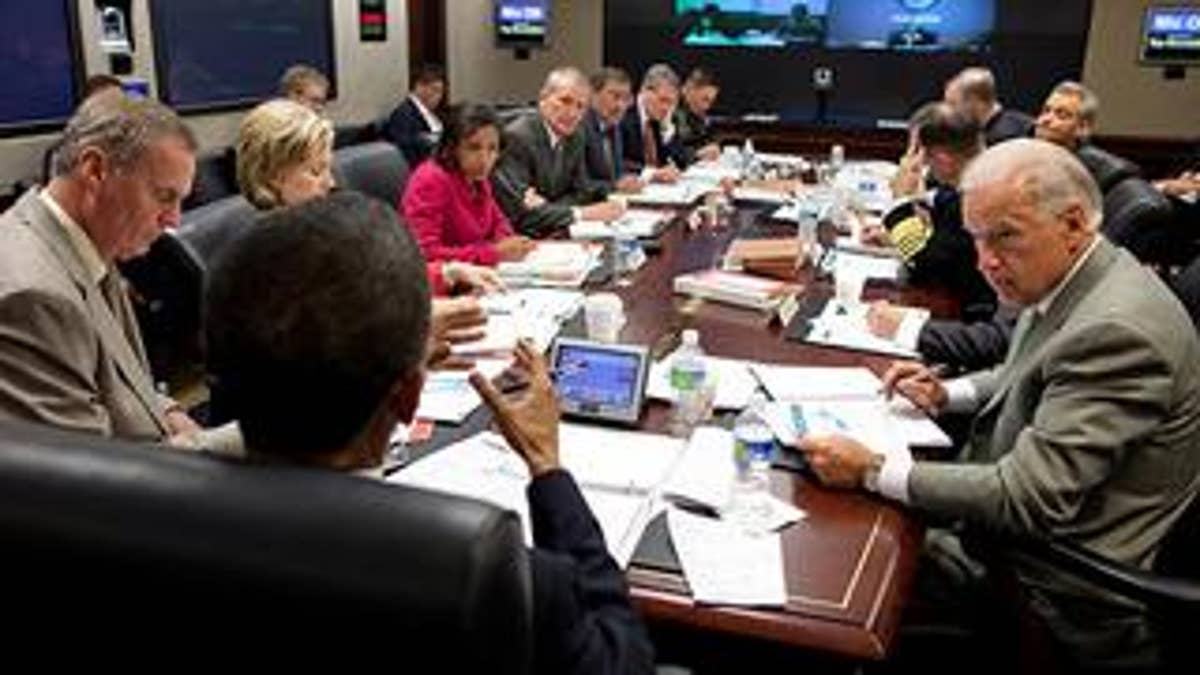
The Pentagon moved Tuesday to shoot down a Washington Post report that said President Obama had dispatched 13,000 additional troops to Afghanistan.
The Post reported that the additional troops are primarily support forces -- such as engineers, medical personnel, intelligence experts and military police.
But the Defense Department, commenting on the Post report, said there's no accurate way to pin down a number of support forces that are associated with the Obama buildup of troops.
In fact, many of the support forces that have gone to Afghanistan since February 17 -- when Obama ordered the deployment of additional forces -- already were scheduled to deploy under forces President Bush had approved, according to Pentagon Spokesman Col. Dave Lapan.
Major deployments of support troops have not been publicized by the Pentagon and the White House in the past. When former president George W. Bush announced a U.S. troop increase in Iraq, he only mentioned 20,000 combat troops and not the accompanying 8,000 support troops.
Top Republican senators have escalated their call for Obama to grant McChrystal's request for more troops in Afghanistan, and one prominent Democrat warned that a failure to do so could jeopardize U.S. forces.
The Obama administration is deep in deliberations over whether to build on its counterinsurgency strategy with thousands more troops in Afghanistan or focus more on taking out top Al Qaeda targets, particularly in Pakistan. The bloody clash this weekend at the Pakistan army headquarters, where commandos freed dozens of hostages early Sunday after militants attacked the facility, underscored the instability in the region.
Senate Minority Leader Mitch McConnell, R-Ky., said the attack emphasized the "danger of the Taliban not only in Afghanistan but in Pakistan as well."
But he said any attempt by the administration to scale back the fight against the Taliban in favor of a tactical battle against Al Qaeda would damage security.
"They are different. But they are inter-connected," he said on CBS' "Face the Nation."
He said Republicans would "almost overwhelmingly support" the president if he opts to grant McChrystal's request for more troops, estimated to be for about 40,000.
Sen. Dianne Feinstein, D-Calif., chairwoman of the Senate Intelligence Committee, also said the counterinsurgency strategy pursued by McChrystal is "really critical." She said the American people don't have the stomach to stay in Afghanistan for another 10 years, but that the mission there is in "serious jeopardy" and Obama has an obligation to follow his commander's advice.
"I don't know how you put somebody in who was as crackerjack as General McChrystal, who gives the president very solid recommendations, and not take those recommendations if you're not going to pull out," Feinstein said on ABC's "This Week."
"If you don't want to take the recommendations, then you put your people in such jeopardy."
She suggested some elements of the Taliban could be won over, but warned that the Taliban in Afghanistan will have a "dramatic impact" on Pakistan if allowed to flourish.
Sen. John McCain, R-Ariz., also said on CNN's "State of the Union" that the Taliban and Al Qaeda will become "inextricably tied."
McCain, the ranking Republican on the Senate Armed Services Committee, said the president is right to take his time and deliberate but that a failure to accept the advice of his military commanders would be "an error of historic proportions."
The Associated Press contributed to this report.




